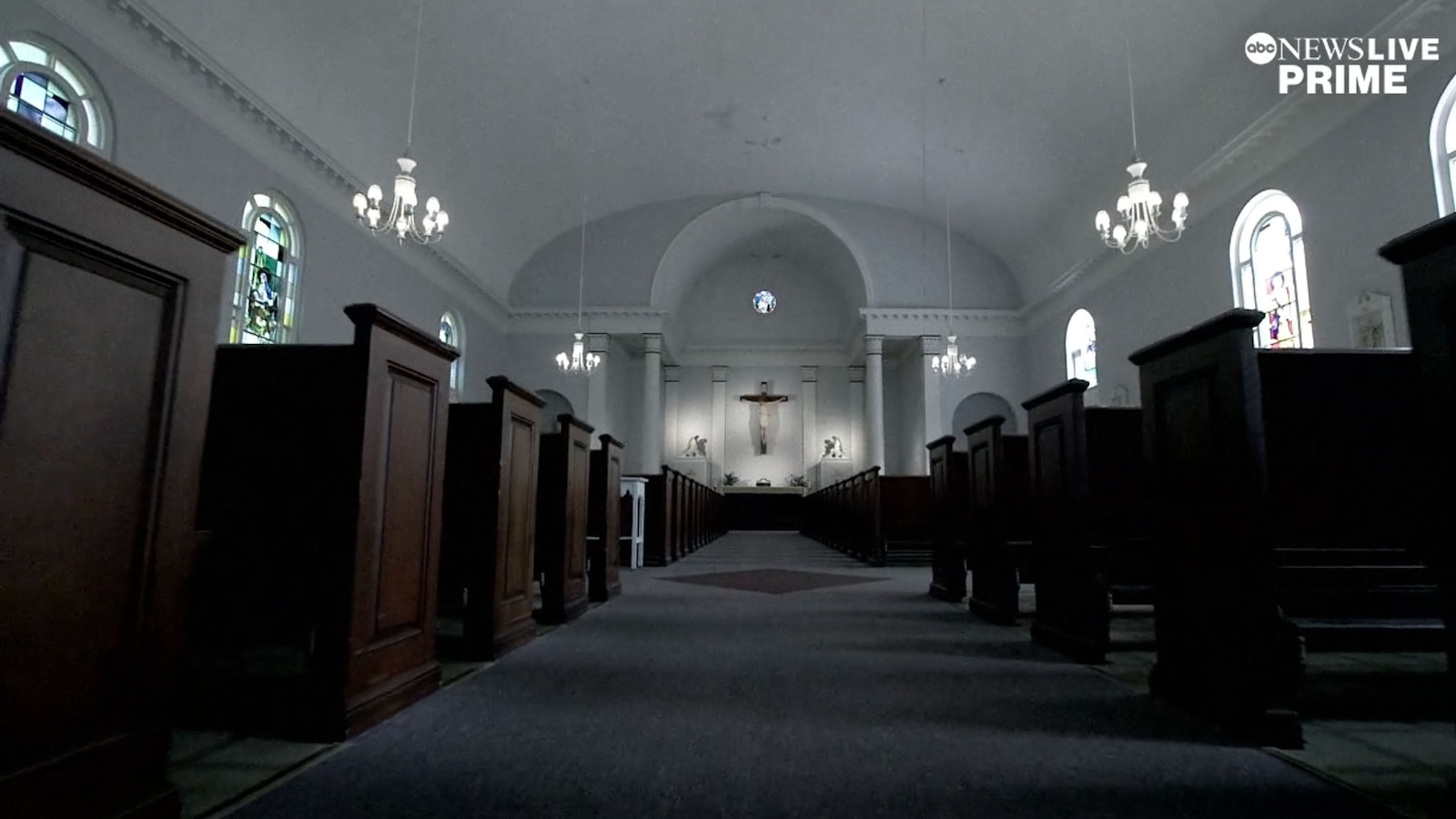- cross-posted to:
- [email protected]
- cross-posted to:
- [email protected]
Summary
Churches across the U.S. are grappling with dwindling attendance and financial instability, forcing many to close or sell properties.
The Diocese of Buffalo has shut down 100 parishes since the 2000s and plans to close 70 more. Nationwide, church membership has dropped from 80% in the 1940s to 45% today.
Some churches repurpose their land to survive, like Atlanta’s First United Methodist Church, which is building affordable housing.
Others, like Calcium Church in New York, make cutbacks to stay open. Leaders warn of the long-term risks of declining community and support for churches.



That charity likely came from the community, not just the church. In my little town I can’t give money or food to any groups other than churches. So that’s where my money goes, despite not belonging to a church.
You’re right, and I am not defending the Church. We need ways for the community to express its charity without the church, because the church is dying.
My daydream is that the building remains open, the community remains welcome, there are helpful lectures on dealing with life’s hassles, and potluck dinners in the basement, and it’s all on a voluntary pay-what-you-can basis — sorta like a church, only without the god.
Yeah, community co-ops do some of that where I’ve lived. And I’ve seen priests and rabbis participate as well. They’re not religious but don’t enforce secularism.
Hm, community co-ops? Do tell more.